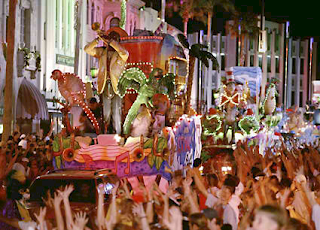From page 278 of the book: "It was a late harvest," began Mme Mirès in French. "The Blessed Virgin sent us a thunderstorm in October and Botrytis cinerea the following week."
"The noble rot," Ebert nudged Owen.
"Then, we had more than enough warm air left over from summer," she continued. "Voila! The mold! We harvested at 29 degrees Brix, and cold fermented to nine and a half percent alcohol and 14% residual sugar."
"Parfait!"
"Jesus sipped," Owen said.*
 |
| Botrytis cinerea |
 |
| Botrytis cinerea, the "noble rot" |
[(*) Owen references here the shortest sentence in the Bible from John 11:35, "Jesus wept."]
 |
| Harvesting at 25.5 degrees Brix |
 |
| cold fermented to 9.5% alcohol |
[In the
Botrytis infection known as "noble rot" (
pourriture noble in
French, or
Edelfäule in
German), the fungus removes water from the grapes, leaving behind a higher percent of solids, such as sugars, fruit acids and minerals. This results in a more intense, concentrated final product. The wine is often said to have an aroma of
honeysuckle and a bitter finish on the palate.] (Courtesy of Wikipedia.)

























